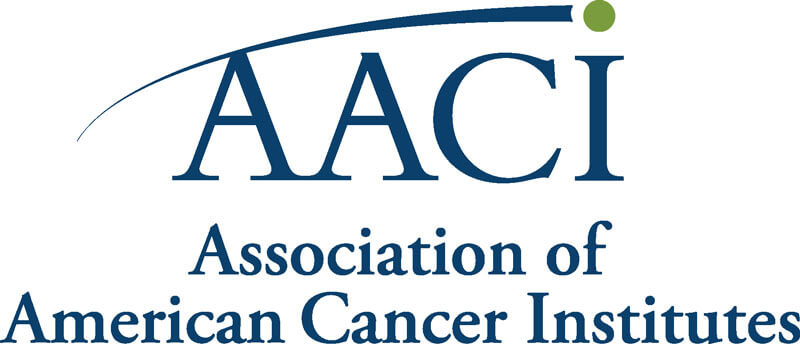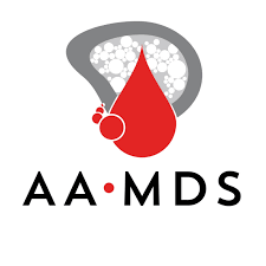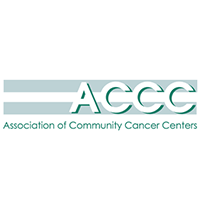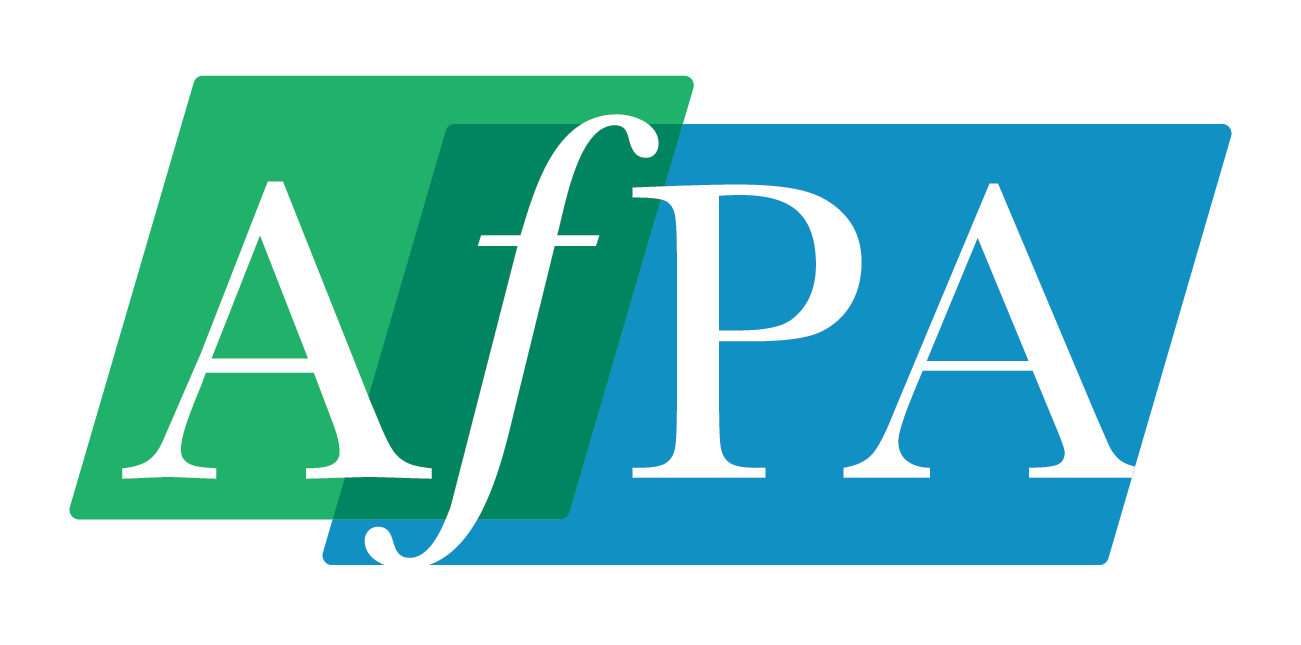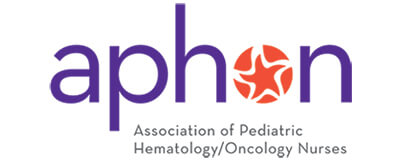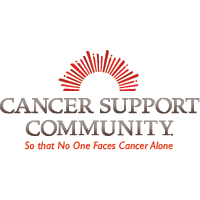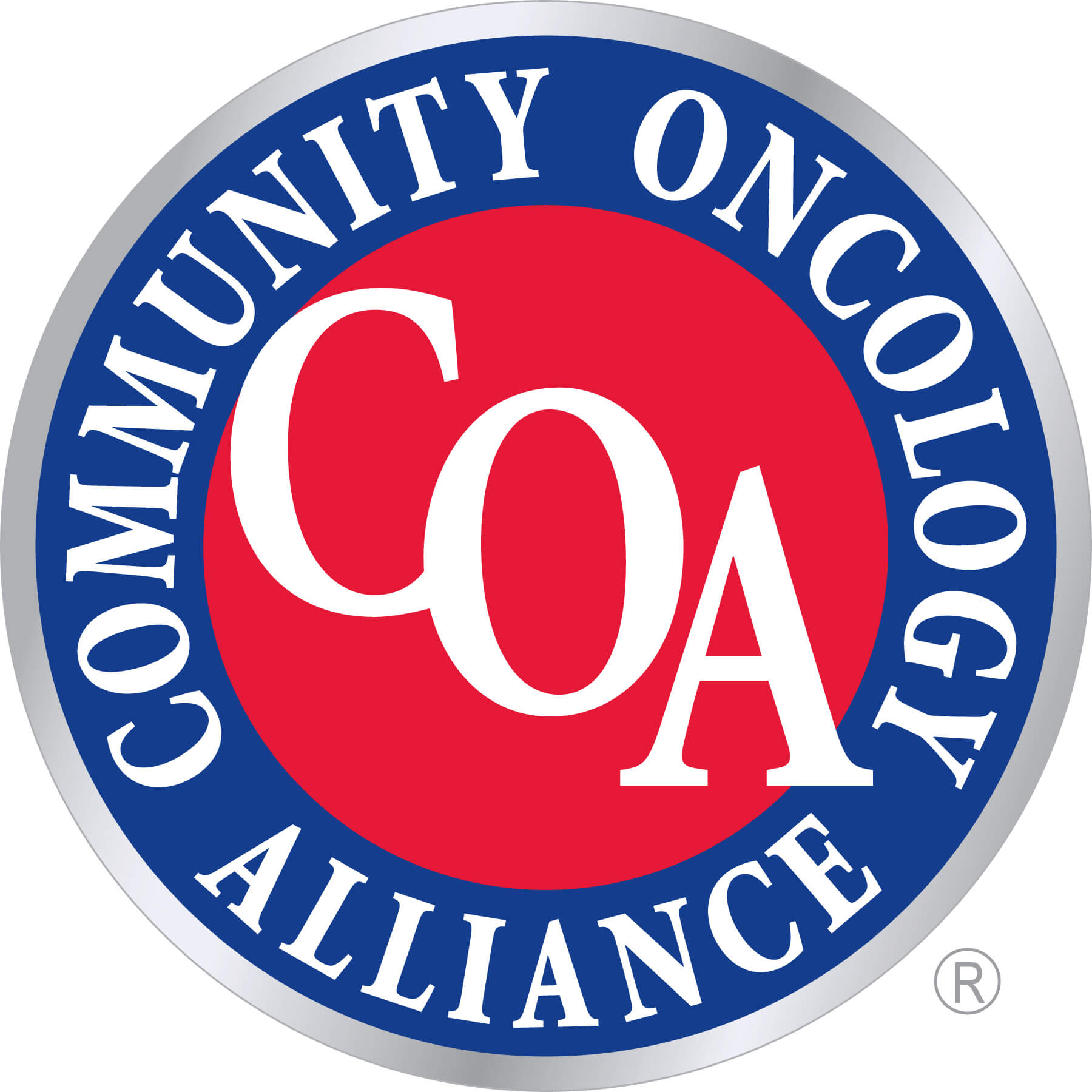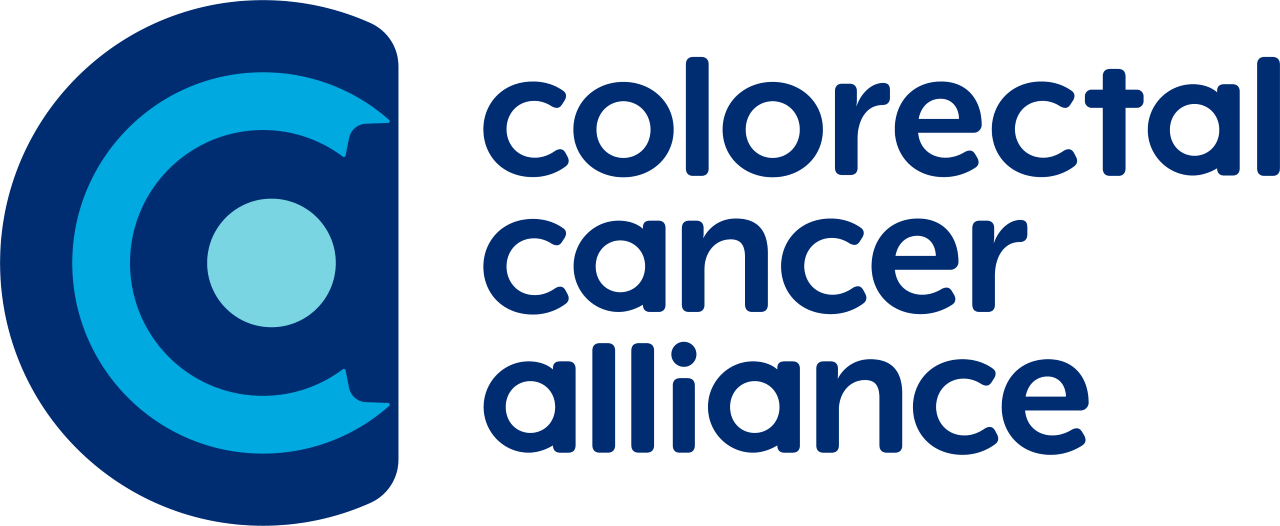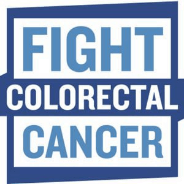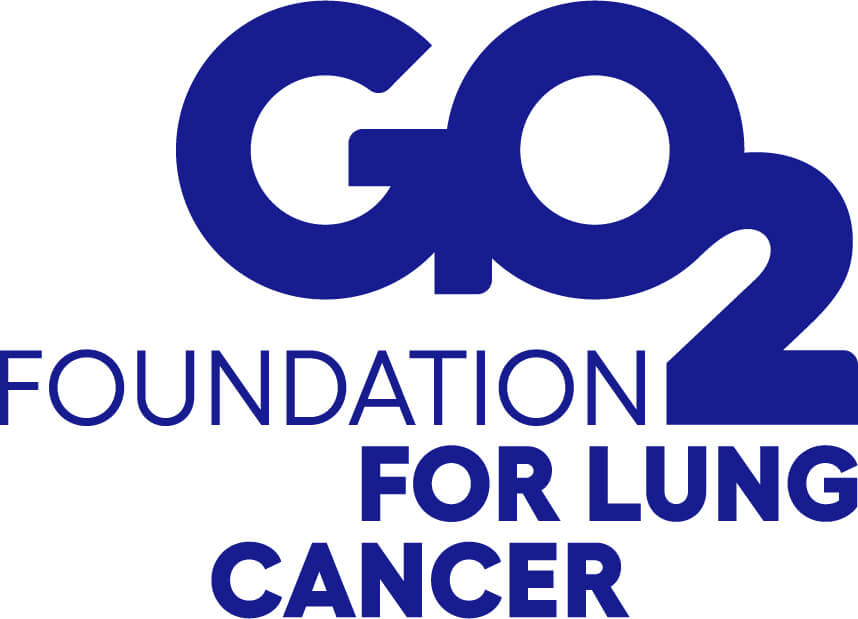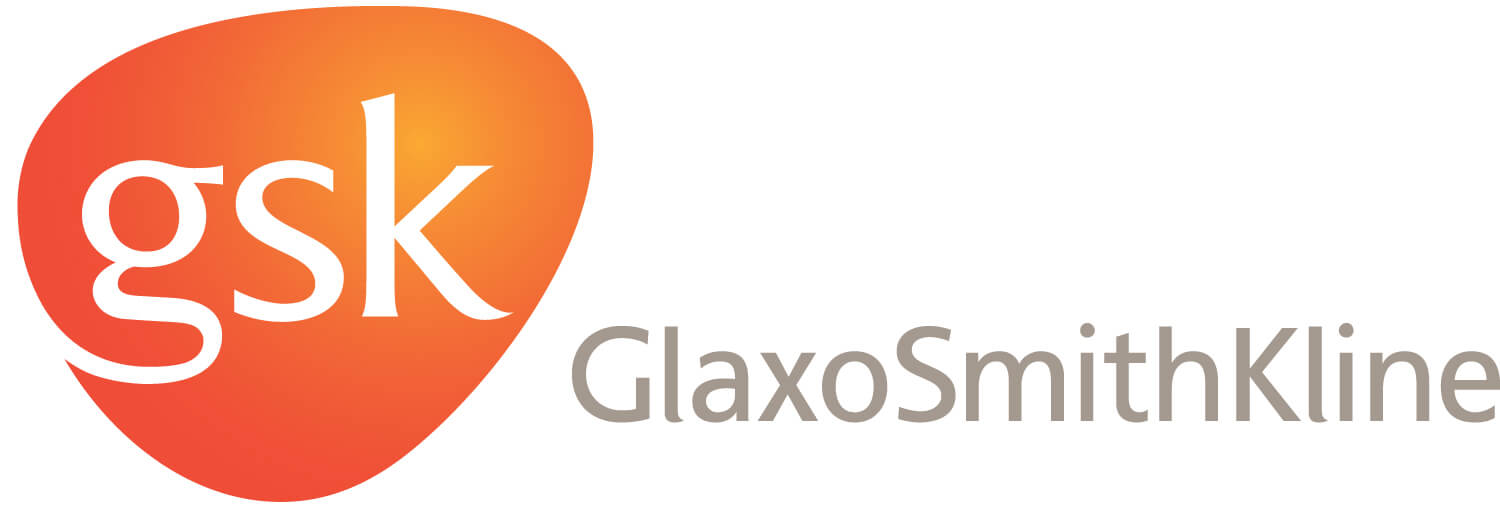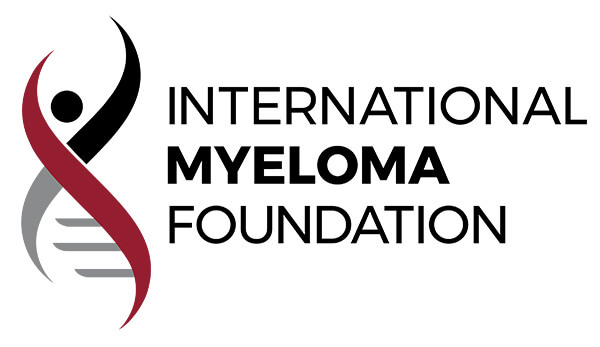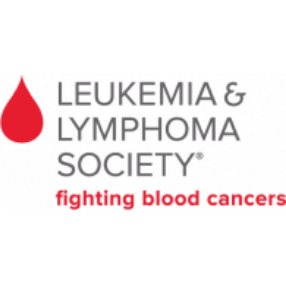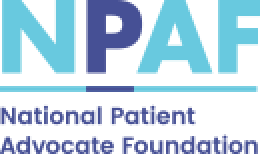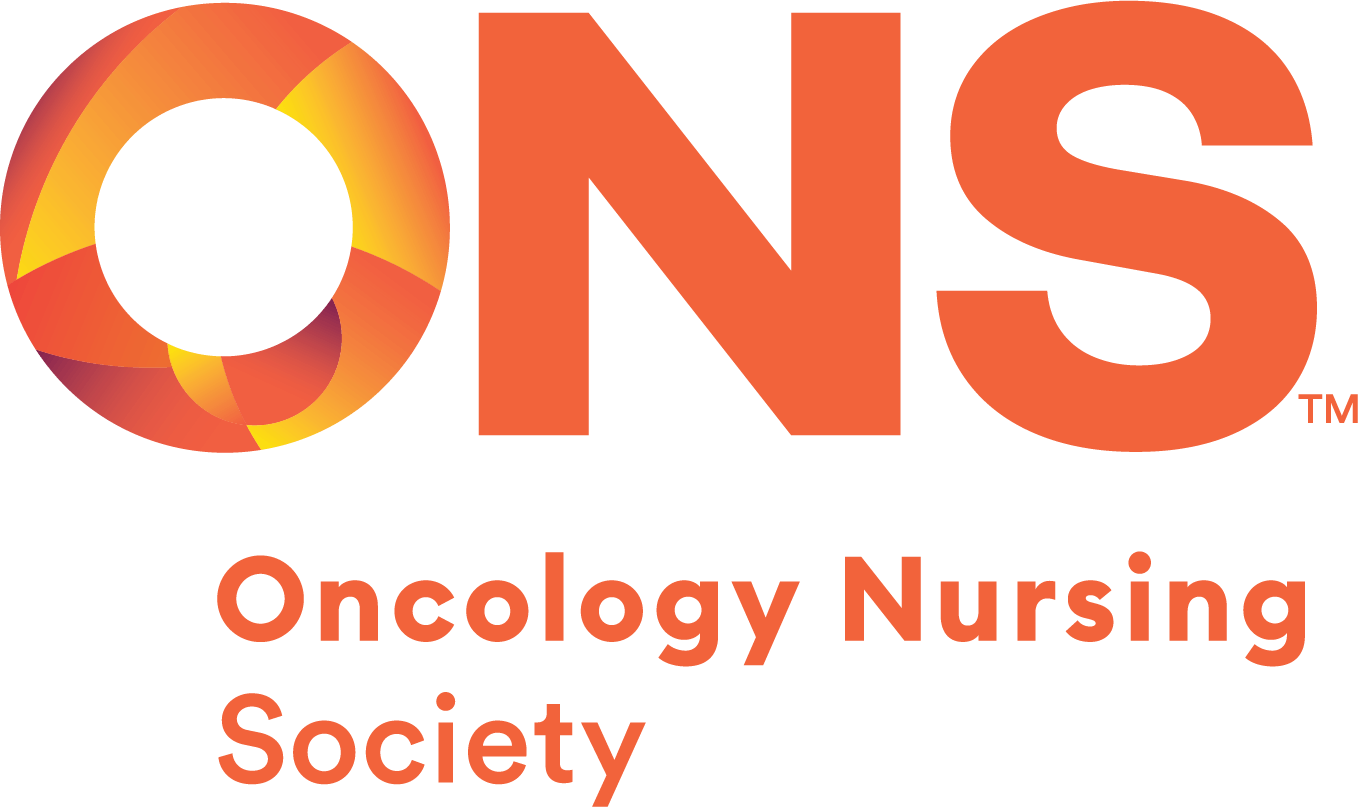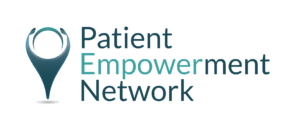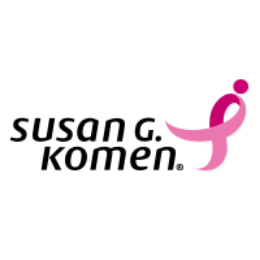1.
Make sure patients have improved access- Make sure patients have improved access to all cancer regimens, regardless of the delivery method, by ensuring patients don’t face dramatically higher out-of-pocket costs just because of how medicine is classified
2.
Ignite interest and educate policymakersIgnite interest and educate policymakers at all levels about the drastic differences in cost-sharing for cancer medicine taken orally and how outdated insurance benefit design makes those treatments more expensive in terms of out of pocket costs
3.
Raise the visibility- Raise the visibility of this issue with Members of Congress through congressional briefings, hearings, advocacy and other activities
4.
Advocate for federal legislation to provide improved access- Advocate for federal legislation to provide improved access for 60% of the commercial market and respects states’ rights to determine how to regulate the other 40% under their guidance. Forty-three states plus the District of Columbia have passed similar legislation.
5.
Consider all possible scenarios- Consider all possible scenarios and ensure federal legislation does not contain loopholes with unintended consequences for the patient. Federal legislation should include the following provisions:
- Cost-sharing for self- administered cancer treatment should not be less-favorable than chemotherapy that is injected or administered intravenously.
- A health insurer cannot achieve compliance with this section by increasing patients’ out-of-pocket costs for chemotherapy that is injected or administered intravenously.
6.
Let patients speak- Let patients speak for themselves through advocacy training and engagement
7.
Ensure progress- Ensure progress continues at the state level
close
Coalition Goals
Modernizing Insurance Coverage to Keep Pace with Medical Innovation

